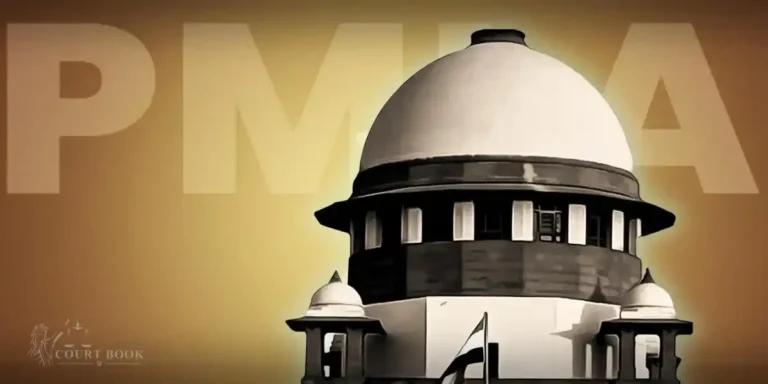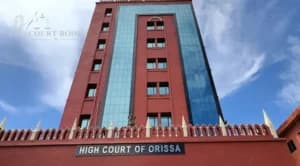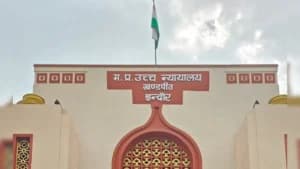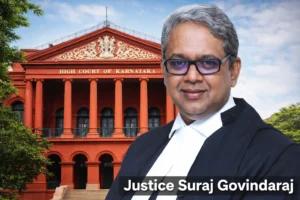The Indian Supreme Court allowed M3M Group to replace its provisionally attached property with another property under strict conditions imposed by the Enforcement Directorate (ED). The case was related to proceedings under the Prevention of Money Laundering Act (PMLA), 2002.
"This substitution is allowed strictly on the basis of the facts and circumstances of the present case and will not be treated as a precedent," the Court clarified.
A bench of Justices PS Narasimha and R Mahadevan heard a petition filed by M3M India Private Limited and M3M India Infrastructure Private Limited. Ltd sought to replace its provisionally attached property with its M3M Broadway project in Gurugram, valued at ₹317 crore as per valuation by CSV Techno Solutions LLP.
Read also: Why did the Supreme Court Grant Anticipatory Bail to Tamil Nadu MLA Jegan Murthy in Minor Kidnapping
The plea was filed in the Supreme Court after the Punjab and Haryana High Court rejected the request, holding that there is no provision under the PMLA for such substitution before confirmation of attachment under Section 8 of the Act.
However, during the Supreme Court proceedings, ED counsel Zoheb Hussain informed the court that the department was willing to agree to the substitution subject to certain conditions. The court accepted the proposal and granted permission.
"Substitution is approved subject to nine detailed conditions, which are aimed at protecting legal and investigative interests," the court said.
The nine conditions imposed by the ED and approved by the Court are:
- Submission of a no encumbrance certificate:The petitioner must prove clear and marketable title of the proposed property and ensure that it is free from all encumbrances, supported by documentary evidence.
- Undertaking not to transfer the property: A notarised undertaking must be given that the substituted property will not be sold or transferred during the legal proceedings.
- Submission of original title documents: All original documents of the substituted property must be submitted to the ED or the Court.
- Indemnity bond: An indemnity bond must be submitted to protect the ED/Government against any potential loss or legal issue due to the substitution.
- Protection of third party rights: Genuine third party transactions within the M3M Broadway project must remain unaffected. Legitimate buyers and investors should not face any delay or hindrance.
- Consent to handover in case attachment is confirmed: If the alternate property is subsequently confirmed to be attached, the petitioner must agree to hand over possession to the ED.
- Disclosure of fund sources: Full disclosure of the source of funds used to acquire the alternate property must be submitted along with financial records.
- Cooperation in ED investigation: The petitioner must continue to fully cooperate with the ED and appear or submit documents whenever required.
- No prejudice to investigation: The substitution will have no impact on the ongoing investigation or trial and will not be construed as legalising the original property or its sources.
Read also: BCI Issues Stern Warning Against Online, Distance and Executive LLM Courses Without Approval
This Supreme Court judgment has provided temporary relief to the M3M Group, but it confirms that the legal processes under the PMLA are intact and robust. Importantly, the Court emphasised that this judgment will not be used as a benchmark for future cases.
Case Title: M/S M3M INDIA PVT. LTD. & ANR. VS. UNION OF INDIA & ORS., SLP(C) No. 4027/2025














